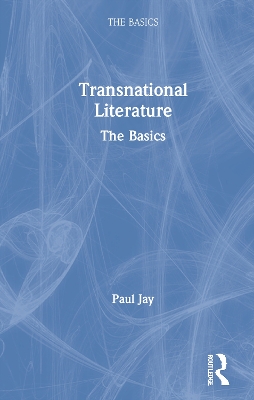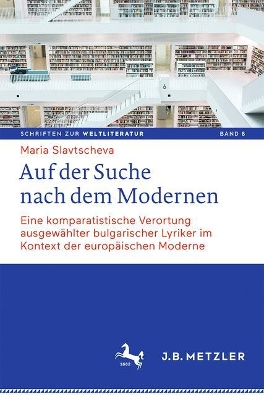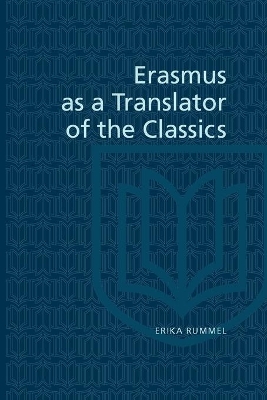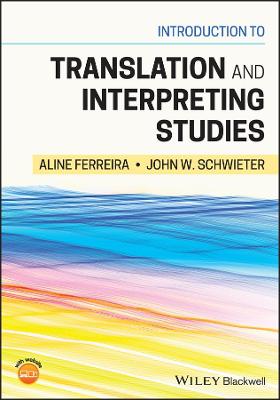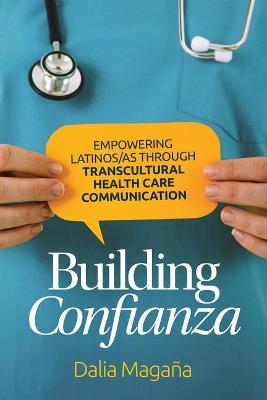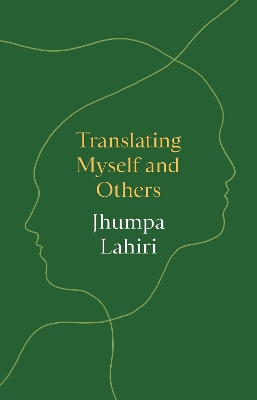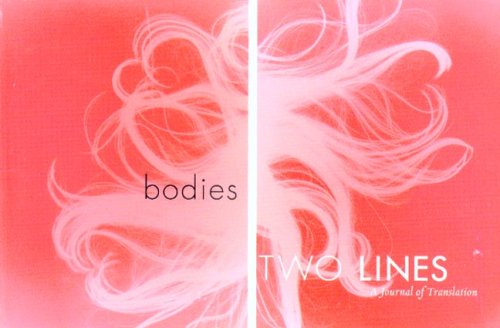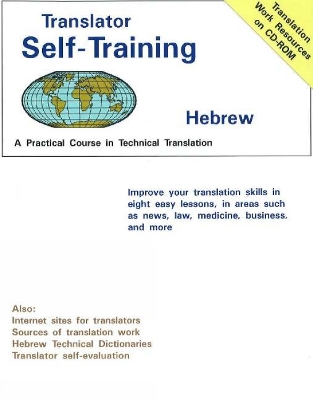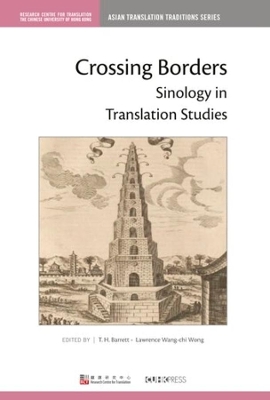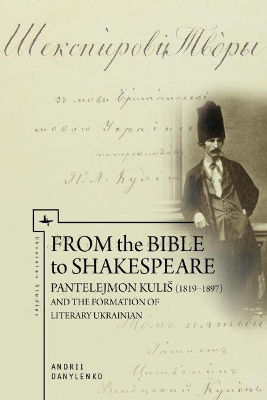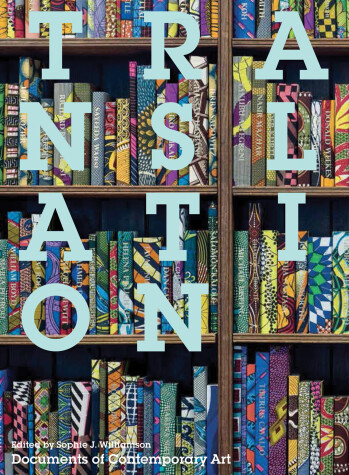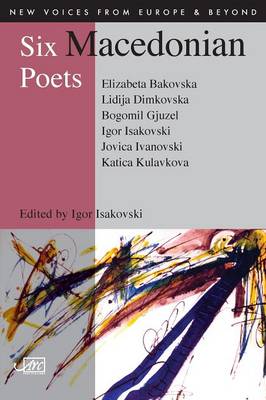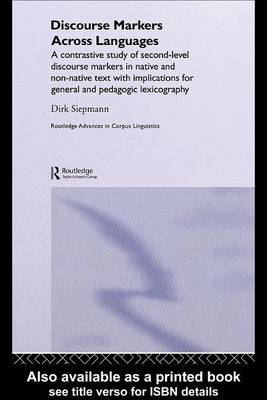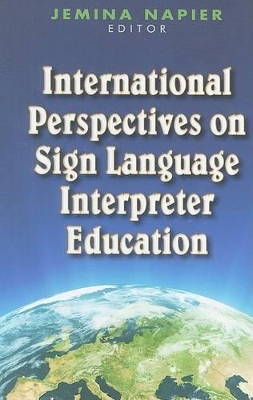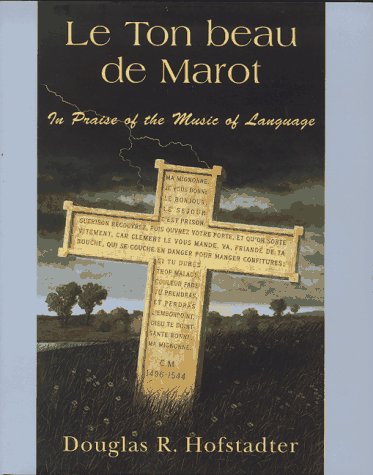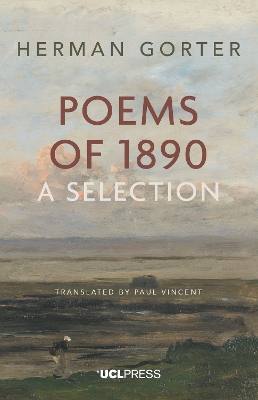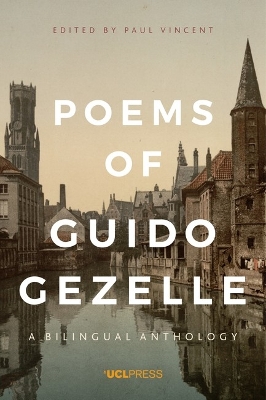Transnational Literature: The Basics provides an indispensable overview of this important new field of study and the literature it explores. It concisely describes the various ways in which literature can be understood as being "transnational," explains why scholars in literary studies have become so interested in the topic, and discusses the economic, political, social, and cultural forces that have shaped its development. The book explores a range of contemporary critical approaches to the s...
Auf Der Suche Nach Dem Modernen (Schriften Zur Weltliteratur/Studies On World Literature, #8)
by Maria Slavtscheva
Erasmus as a Translator of the Classics (Erasmus Studies, #7)
by Professor of History Erika Rummel
This first full-length study of Erasmus' translations of classical literature examines his approach to translation and, more generally, his role as a transmitter of the classics. It traces in chronological order the progress of his Greek studies and the publication history of his translations from Greek into Latin; these included selections from the works of Libanius, Euripides, Plutarch, Lucian, Galen, Isocrates and Xenophon. It also illustrates Erasmus' methods with appropriate examples from h...
Introduction to Translation and Interpreting Studies
Luminous essays on translation and self-translation by award-winning writer and literary translator Jhumpa LahiriTranslating Myself and Others is a collection of candid and disarmingly personal essays by Pulitzer Prize-winning author Jhumpa Lahiri, who reflects on her emerging identity as a translator as well as a writer in two languages.With subtlety and emotional immediacy, Lahiri draws on Ovid's myth of Echo and Narcissus to explore the distinction between writing and translating, and provide...
Bodies (Two Lines)
Crossing Borders
This edited volume investigates translations from the languages of China into the languages of Western societies, from the 17th to the 20th centuries. Rather than focusing solely on the activity of translation, the authors extend their explorations to cover the contexts within which the translators worked from different perspectives, touching on various aspects of the institutional and intellectual backgrounds that informed their writings. Studies of translation from literary Chinese into Englis...
This is the first comprehensive study of the language program of the prominent Ukrainian writer and ideologue Pantelejmon Kuli (1819-1897) whose translations of the Bible and Shakespeare proved most innovative in the formation of literary and the national self-identification of Ukrainians. The author looks at Kuli's translations from the perspective of cultural and ethnic studies, presenting literary Ukrainian as a process of negotiation among literary traditions, religions (rites), political mo...
Reflections on the cultural and political complexities of translation in global contemporary artistic practices.The movement of global populations, and subsequently the task of translation, underlies contemporary culture. Economic and environmental migration, forced political exiles, and the plight of refugees are now superimposed upon the intricacies of ancient and modern diasporas, generations of colonization, and the transportation of slaves. This timely anthology considers translation's ongo...
Six Macedonian Poets (New Voices from Europe)
by Elizabeta Bakovska, Bogomil Gjuzel, and Kata Kulavkova
The eighth in Arc's New Voices from Europe and Beyond series of anthologies, Six Macedonian Poets features the work of three men and three women – Elizabeta Bakovska (b. 1969), Lidija Dimkovska (b. 1971), Bogomil Gjuzel (b. 1939), Igor Isakovski (b. 1970), Jovica Ivanovski (b. 1961) and Katica Kulavkova (b. 1951) – who have helped to shape the face of contemporary Macedonian poetry over the past five decades. Translated by a range of highly-regarded translators, and introduced by the editor of M...
International Perspectives on Sign Language Interpreter Education
by Jemina Napier
The Fourth Volume in the Interpreter Education Series From the moment the World Association of Sign Language Interpreters (WASLI) was established in 2005, an overwhelming wave of requests from around the world arrived seeking information and resources for educating and training interpreters. This new collection provides those answers with an international overview on interpreter training from experts in Austria, Australia, Brazil, Canada, Fiji, Finland, Ireland, Japan, Kenya, Kosovo, the Nethe...
The Powers of Genre describes a method for interpreting oral literature that depends upon and facilitates dialogue between insiders and outsiders to a tradition. Seitel illustrates this method with lively examples from Haya proverbs, folktales, and heroic verse. He then focuses on a single epic ballad to demonstrate, among other things, why stanzas need not rhyme, and how significance needs time in oral poetry and narrative. Making a controversial claim that an heroic age, similar to that of Anc...
Douglas Hofstadterauthor of the Pulitzer Prizewinner Gdel, Escher, Bach and a select group of translators, as well as three computer programs, translate a short poem by sixteenth-century French poet Clment Marot from its native tongue into English. In analyzing these translations, each distinct and delightful in its own right, translation becomes the perfect metaphor for exploring the nature of human intelligence. }Lost in an artthe art of translation. Thus, in an elegant anagram (translation =...
Poems of Guido Gezelle
The Bruges-born poet-priest Guido Gezelle (1830?1899) is generally considered one of the masters of nineteenth-century European lyric poetry. At the end of his life and in the first two decades of the twentieth century, Gezelle was hailed by the avant-garde as the founder of modernFlemish poetry. His unique voice was belatedly recognised in the Netherlandsand often compared with his English contemporary Gerard Manley Hopkins (1844?1889).In this bilingual anthology, award-winning translator Paul...
